Did you know that the first video game ever created was a simple tennis game developed in 1958? Fast forward to today, and the gaming industry is a multi-billion dollar powerhouse, captivating millions of players worldwide.
National Video Game Day, celebrated annually on July 8th in the USA, but it can also be celebrated on September 12th, at is a special day dedicated to appreciating and enjoying the art and entertainment of video games. It's a day for gamers of all ages to come together and revel in their shared passion for interactive digital adventures.
In this blog post, we'll explore the history and significance of National Video Game Day, highlight some of the most iconic games throughout the decades, and provide fun and creative ways to celebrate this exciting day.

The Origins Of The National Video Game Day

National Video Game Day's origins are somewhat mysterious, with no single entity claiming responsibility for its creation. Unlike its counterpart, National Video Games Day on September 12th, which also celebrates video games, National Video Game Day on July 8th focuses more on the appreciation and enjoyment of playing games. This day has gained popularity through the years, thanks to the gaming community's enthusiasm and the increasing recognition of video games as a significant cultural and entertainment medium.
Evolution Of Video Games
The evolution of video games has been nothing short of remarkable. Here's a brief overview:
1950s-1970s: The birth of video games began with simple creations like "Tennis for Two" (1958) and "Spacewar!" (1962). The first commercial arcade game, "Pong," was released in 1972, setting the stage for the arcade boom.
1980s: The golden age of arcade games saw the rise of iconic titles like "Pac-Man," "Donkey Kong," and "Space Invaders." Home consoles such as the Atari 2600 brought gaming into living rooms, making it more accessible.
1990s: This decade witnessed the advent of 3D graphics with games like "Super Mario 64" and "The Legend of Zelda: Ocarina of Time." The console wars between Sega and Nintendo, and later Sony with its PlayStation, fueled the industry's growth.
2000s: Online gaming became mainstream with titles like "Halo 2," "World of Warcraft," and "Counter-Strike." The release of the Xbox, PlayStation 2, and later the Nintendo Wii revolutionized gaming experiences.
2010s-Present: The rise of mobile gaming, indie games, and eSports has further diversified the industry. Games like "Minecraft," "Fortnite," and "The Last of Us" showcase the medium's storytelling and creative potential. Virtual reality (VR) and augmented reality (AR) are pushing the boundaries of interactive experiences.
Read Also:
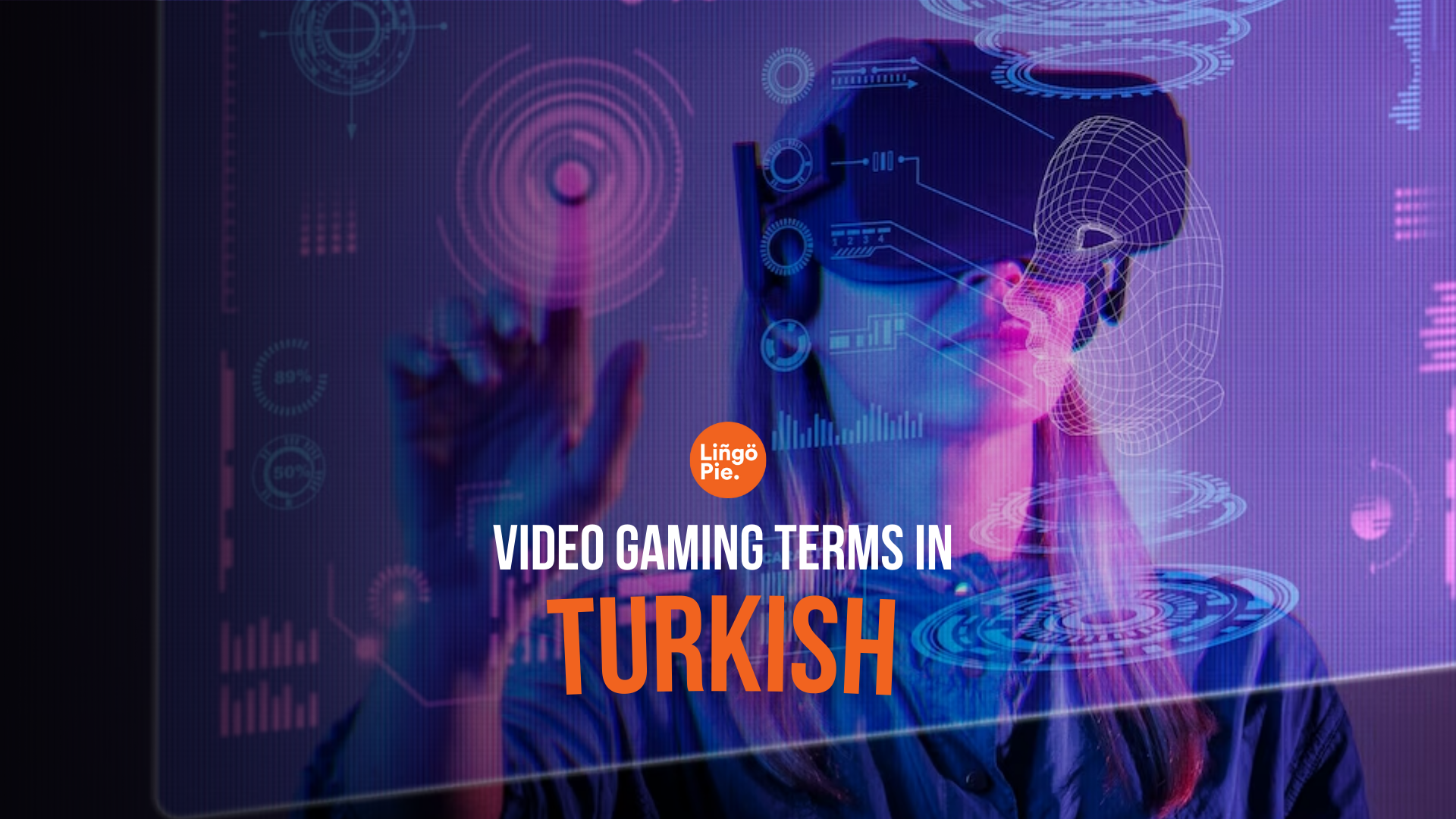
Popular Video Games Through The Decades
1970s and 1980s

The 1970s and 1980s laid the foundation for the video game industry, introducing many iconic games that are still celebrated today.
Pong (1972): Often credited as the first commercially successful video game, "Pong" was a simple yet addictive table tennis simulation that popularized arcade gaming.
Space Invaders (1978): This groundbreaking shooter game from Taito became a global phenomenon, establishing the shoot 'em up genre and setting the stage for future arcade hits.
Pac-Man (1980): Created by Namco, "Pac-Man" became an iconic symbol of gaming. Its unique gameplay, colorful graphics, and memorable characters captured the hearts of millions.
Donkey Kong (1981): This arcade classic introduced the world to Mario (then known as Jumpman) and laid the groundwork for platform games with its challenging levels and engaging gameplay.
Tetris (1984): Developed by Russian programmer Alexey Pajitnov, "Tetris" is one of the most influential puzzle games of all time, known for its simple yet addictive block-stacking mechanics.
1990s
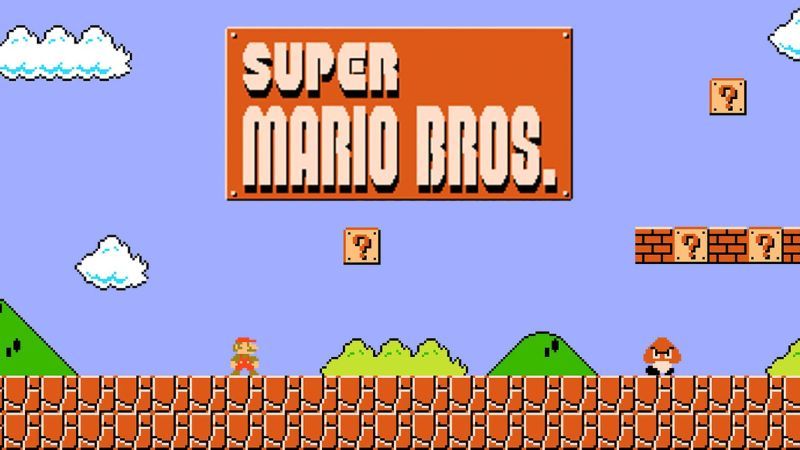
The 1990s saw significant advancements in graphics and gameplay, with the rise of 3D gaming and the establishment of many beloved franchises.
Super Mario 64 (1996): As one of the first successful 3D platformers, "Super Mario 64" revolutionized the genre with its open-world exploration, intuitive controls, and imaginative level design.
The Legend of Zelda: Ocarina of Time (1998): Widely regarded as one of the greatest games of all time, "Ocarina of Time" set new standards for action-adventure games with its immersive world, intricate puzzles, and epic storytelling.
Sonic the Hedgehog (1991): Sega's flagship character, Sonic, became a cultural icon with his debut game. Its fast-paced gameplay and vibrant graphics made it a hit on the Sega Genesis.
Final Fantasy VII (1997): This landmark RPG from Square Enix captivated players with its rich story, memorable characters, and groundbreaking use of 3D graphics and full-motion video.
Pokémon Red and Blue (1996): These games launched the Pokémon phenomenon, introducing players to the addictive world of catching, training, and battling Pokémon.
2000s
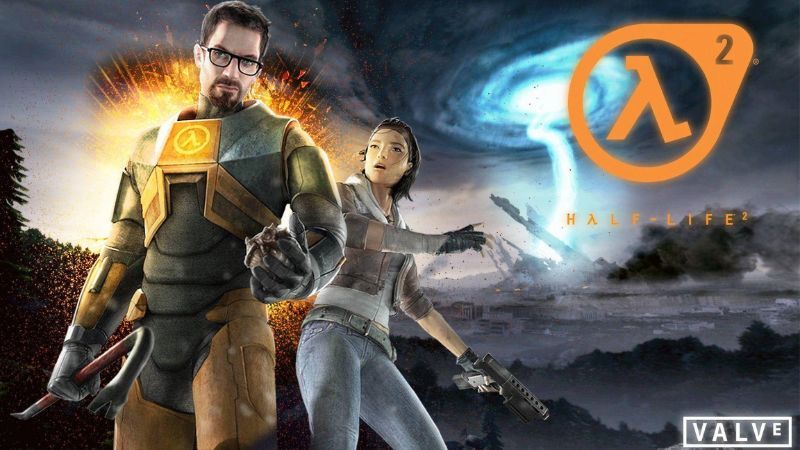
The 2000s saw the rise of online gaming, expansive open worlds, and cinematic storytelling in video games.
Halo: Combat Evolved (2001): As a launch title for the Xbox, "Halo" redefined first-person shooters with its engaging single-player campaign and revolutionary multiplayer mode.
World of Warcraft (2004): Blizzard's massively multiplayer online role-playing game (MMORPG) became a cultural sensation, attracting millions of players to its vast and immersive world.
Grand Theft Auto III (2001): This game set the standard for open-world gameplay, allowing players unprecedented freedom to explore and interact with a living city environment.
The Sims (2000): "The Sims" offered a unique and addictive life simulation experience, allowing players to create and control their own virtual households.
Half-Life 2 (2004): Valve's critically acclaimed first-person shooter is known for its compelling narrative, advanced physics, and immersive gameplay.
2010s and Beyond
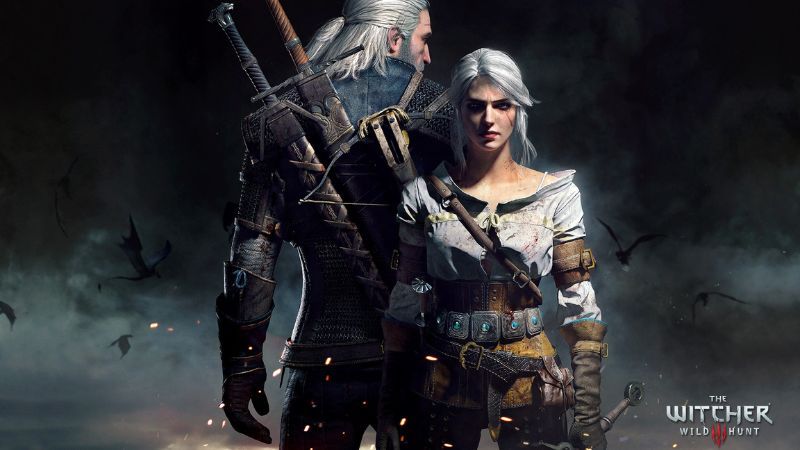
The 2010s and beyond have seen the continued evolution of gaming with advancements in graphics, storytelling, and online interactivity.
Minecraft (2011): Created by Markus Persson, "Minecraft" became a global phenomenon with its sandbox gameplay, allowing players to build and explore limitless worlds made of blocks.
Fortnite (2017): Epic Games' "Fortnite" popularized the battle royale genre, combining fast-paced gameplay, building mechanics, and a vibrant, ever-evolving world.
The Last of Us (2013): Naughty Dog's masterpiece is celebrated for its emotional storytelling, complex characters, and cinematic quality, setting new standards for narrative-driven games.
The Witcher 3: Wild Hunt (2015): CD Projekt Red's epic RPG is renowned for its rich world, intricate storytelling, and deep character development. (I can't believe it has been 9 years since The Witcher 3's release! Time flies but it is still one of my favorite games!)
Overwatch (2016): Blizzard's team-based shooter introduced a diverse cast of characters and fast-paced, cooperative gameplay, quickly becoming a staple in the eSports community.
Read Also:
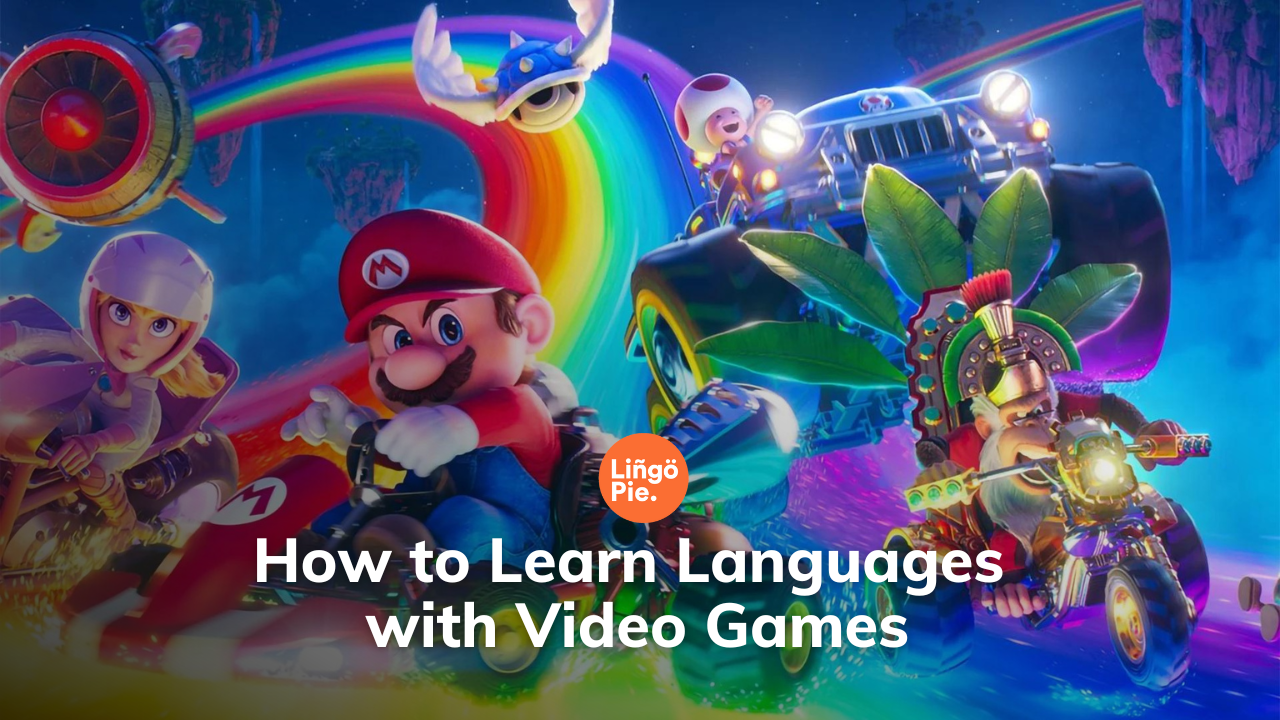

Why Should We Celebrate Video Games?
Entertainment Value
Video games are a beloved pastime for millions due to their unique, interactive storytelling and adventure experiences. They provide immersive worlds to explore, such as "The Legend of Zelda: Breath of the Wild" and "Red Dead Redemption 2." Unlike passive entertainment, games require active participation, offering a wide variety of genres to suit everyone's tastes. The challenges they present and the sense of achievement from overcoming them make gaming highly engaging.
Educational Benefits
Beyond fun, video games offer educational benefits and cognitive improvements. They enhance problem-solving skills through complex puzzles, improve hand-eye coordination in action games, and provide interactive learning experiences, like "Minecraft: Education Edition." Games also boost memory, concentration, and social skills through teamwork and communication in multiplayer settings.
Social Connection
Video games foster social interaction, connecting people through multiplayer games like "Fortnite," "Apex Legends," and "World of Warcraft." Gaming communities, whether online or in-person, provide spaces for sharing experiences and forming friendships. Games can also be a bonding activity for family and friends and bring enthusiasts together at events and conventions like E3 and PAX.
Economic Impact
The video game industry is a major economic force, generating billions annually from sales, in-game purchases, and subscriptions. It creates millions of jobs, from developers to marketers, and the eSports sector adds further opportunities. The industry's demand for innovation drives advancements in technology, which benefit other fields as well. Successful games also become cultural exports, influencing and creating new markets globally.
How To Celebrate National Video Game Day?

1. Play Your Favorite Games
One of the best ways to celebrate National Video Game Day is to simply dive into your favorite games. Whether you love action-packed shooters, strategic RPGs, or relaxing simulation games, today is the perfect excuse to spend a few extra hours immersed in your preferred virtual worlds. If you're feeling adventurous, why not try a new game you've been curious about? Many digital stores offer discounts on popular titles in honor of the day.
2. Host A Gaming Party
Gather your friends and family for a fun-filled gaming party. Here are some ideas to make it a memorable event:
- Console and PC Setups: Arrange different gaming stations with various consoles and PCs so everyone can play their favorite games.
- Multiplayer Madness: Focus on multiplayer games that everyone can join, such as "Mario Kart," "Super Smash Bros.," or "Among Us."
- Themed Snacks: Create gaming-themed snacks and drinks to keep everyone fueled and happy.
- Decorations: Decorate your space with gaming posters, props, and lights to set the mood.
- Friendly Competitions: Organize mini-tournaments or high-score challenges for a bit of competitive fun.
3. Participate Game Tournaments
Participate in local or online gaming tournaments to test your skills and meet other gamers. Many communities and organizations host tournaments for a variety of games, ranging from "Fortnite" and "League of Legends" to "Street Fighter" and "FIFA." Websites like Battlefy, Challonge, and Smash.gg list upcoming tournaments. Whether you play casually or competitively, these events offer a great way to engage with the gaming community.
4. Stream Or Watch Gameplay
The rise of game streaming platforms like Twitch and YouTube has revolutionized how we enjoy video games. Celebrate by:
- Streaming Your Gameplay: Share your gaming experience with others by streaming your gameplay. Whether you're showcasing your skills or just having fun, streaming can be a great way to connect with fellow gamers.
- Watching Streamers: Tune in to your favorite streamers and watch them play. Many streamers host special events or charity streams for National Video Game Day, providing entertaining and engaging content
Final Words
National Video Game Day is more than just a celebration of gaming; it's a recognition of the profound impact video games have on our lives. From providing unmatched entertainment and fostering social connections to offering educational benefits and driving economic growth, video games have become a significant part of our culture.
Whether you're a seasoned gamer or new to the world of gaming, take this opportunity to immerse yourself in a favorite game, connect with fellow gamers, or explore the creative side of game development. Let's appreciate the diverse and dynamic world of video games and the joy and innovation they bring to our lives. Happy National Video Game Day!
Frequently Asked Questions
1. Is it July 8 or September 12 for Video Game Day?
Both dates are celebrated as Video Game Days. July 8th is known as National Video Game Day, while September 12th is also observed as National Video Games Day.
2. Is there a World Gaming Day?
Yes, there is a World Video Game Day, which is celebrated globally on December 22nd.
3. Why is National Video Game Day on July 8th?
The origins of National Video Game Day on July 8th are unclear, but it's a day recognized by gaming enthusiasts in the USA to celebrate their love for video games.
4. Are video games a good way to learn a language?
Absolutely! Learning a language with Video games provides an interactive and engaging way to immerse yourself. They help you learn real-life dialogue, expand your vocabulary, and improve listening and comprehension skills. The interactive nature of games makes learning fun and memorable. Associating words with actions and contexts in games reinforces your understanding.
5. How to learn a language with games?
To learn a language with games, start by choosing games in your target language and enabling subtitles. Play interactive and story-driven games to immerse yourself in practical language use. Supplement your gaming with language learning apps like Lingopie to reinforce vocabulary and cultural nuances. Engage with the gaming community for additional practice in speaking and listening. This combination makes language learning both effective and enjoyable!
Learn Languages Through Entertainment With Lingopie!
After playing video games in other languages, you may feel inspired to learn a new language yourself. That's where Lingopie comes in! Lingopie is a language-learning app like no other because it teaches a language through movies and TV shows!
Our innovative app immerses you in authentic movies and TV shows to naturally acquire vocabulary, including how native speakers truly articulate feelings like joy, sadness, anger, and more. The more engaging content you watch, the more valuable cultural insights you'll gain into the nuances of emotional expression in that language.
If you are intrigued by the idea of learning a foreign language through entrainment, download Lingopie from the App Store or Play Store now and get a FREE 7-day trial!


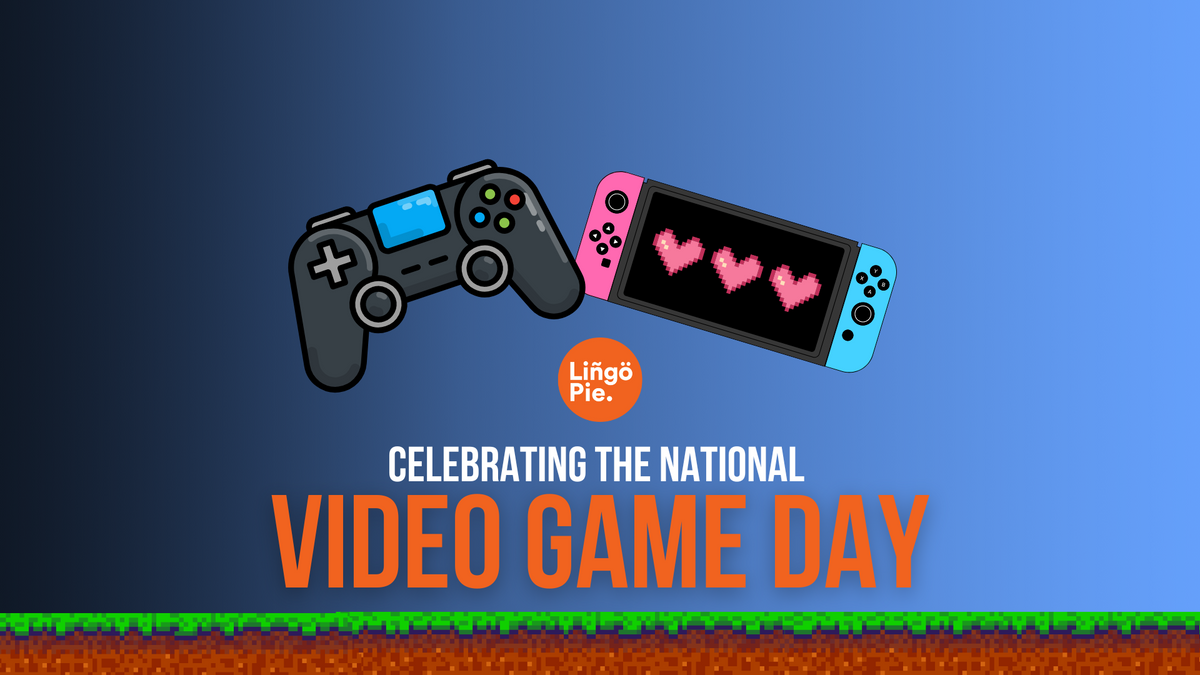



![How Do You Say Good Morning in Russian? [2025 Guide]](/blog/content/images/size/w1200/2024/09/How-Do-You-Say-Good-Morning-in-Russian.jpg)

![Can You Pronounce These Old French Names? [French Language Day Quiz]](/blog/content/images/size/w300/2025/03/Lingopie-Extension-2.jpg)

